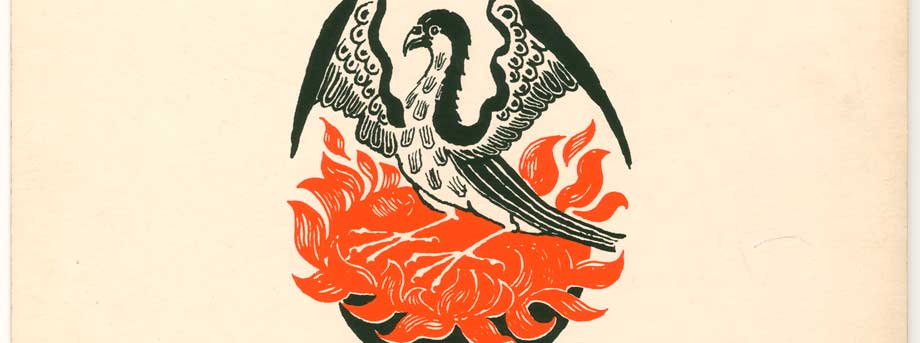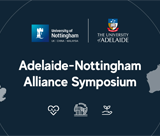Literature in the dock
November 1st, 2010

This month marks the 50th anniversary of the infamous Chatterley Trial, contesting the literary value of DH Lawrence’s controversial last novel. Dr Andrew Harrison, Director of the University’s DH Lawrence Research Centre, shares his thoughts.
On 2 November 1960 at the Old Bailey, the jurors gathered to deliver their verdict in the case of the Crown versus Penguin Books Limited. It was the sixth day of a sensational test trial for the newly-amended Obscene Publications Act of 1959, and on their decision rested the fate of DH Lawrence’s last novel, Lady Chatterley’s Lover.
In returning a unanimous verdict of ‘not guilty’ they finally allowed the British public legal access to the full, unexpurgated text of Lawrence’s controversial novel, and in so doing heralded a liberalisation of the censorship laws and — in the popular imagination, at least — saw in the heady days of sexual liberation and the Swinging Sixties. In Philip Larkin’s memorable phrase, “sexual intercourse” began between “the end of the Chatterley ban / And the Beatles’ first LP”.
Lawrence’s fourth novel, The Rainbow, had been successfully prosecuted under the older Obscene Publications Act of 1857, with all remaining copies ordered to be destroyed around six weeks after its first publication in September 1915. Fortunately, under the amended Act, books accused of being liable to deprave and corrupt readers could be defended if it was proved that their publication would serve the interests of “science, literature, art or learning.” The Chatterley Trial consequently contested the literary value of Lawrence’s novel, and Penguin Books drew on an illustrious list of witnesses for the defence, ranging from prominent authors (Rebecca West and EM Forster) to influential literary critics (including Helen Gardner, Richard Hoggart and Raymond Williams).
Among the distinguished Lawrence scholars called to give evidence for the defence was Vivian de Sola Pinto, Professor of English at The University of Nottingham. He testified that there were several copies of Lady Chatterley’s Lover in the University library, and said that he encouraged his students to read Lawrence as “one of the major English writers”. Under cross examination, he defended his academic interest in Lawrence as “natural” given that he was Professor at Nottingham, and: “Lawrence himself came from a small mining village in Nottinghamshire”.
A transcript of the proceedings, including the testimony of Prof De Sola Pinto, was published by Penguin soon after the trial; it makes the debates staged at the Old Bailey readily available to modern readers. It seems fitting that his part in this landmark event in British literary history should be commemorated in the University magazine on the fiftieth anniversary of the trial.
Tags: DH Lawrence Research Centre, Dr Andrew Harrison, Lady Chatterley's Lover, obscene publication, School of English, trial
Leave a Reply
Other News
Trusted Research update: changes to technologies requiring an export control licence
The UK Government has issued an updated UK Strategic Control List, introducing additional export control measures […]

Adelaide-Nottingham Alliance: join Vice-Chancellors at event celebrating global partnership
Staff, students and researchers are invited to join the Vice-Chancellors of the University of Nottingham and […]

